Описание
Введение
Трубопроводные свиньи - это специализированные устройства, используемые при техническом обслуживании и проверке трубопроводов. Они вводятся в трубопровод и проходят через него, либо проталкиваются по потоку продукта, либо другими средствами. Свиньи служат различным целям, включая очистку трубопровода, удаление отложений или препятствий, а также осматривать внутреннее состояние трубопровода. Существуют различные типы свиней, такие как коммунальные свиньи, которые очищают и поддерживают трубопровод, и умные свиньи, которые оснащены датчиками для сбора данных о целостности трубопровода.
Развивающиеся потребности в техническом обслуживании трубопровода
За эти годы ландшафт обслуживания трубопроводов претерпел значительные изменения, обусловленные технологическими достижениями, регулирующими сдвигами и развивающимися потребностями в отрасли. После рассмотрения обычной задачи техническое обслуживание трубопровода стало сложной операцией, которая требует многогранного подхода.
Технологические достижения
Появление новых технологий, таких как сенсорное мониторинг, аналитика данных в реальном времени и Smart Pigs, произвело революцию в том, как выполняется техническое обслуживание. Эти технологии допускают прогнозное обслуживание, где потенциальные проблемы могут быть выявлены и решены, прежде чем они превратятся в основные проблемы.
Увеличение сложности жидкостей
Типы транспортируемых жидкостей также стали более разнообразными и сложными, начиная от сырой нефти и природного газа до химикатов и даже пищевых продуктов. Каждый тип жидкости представляет свой собственный набор проблем для технического обслуживания трубопроводов, что требует специализированных решений.
Экологические проблемы
С ростом осведомленности об экологической устойчивости, все больше внимания уделяется минимизации утечек и разлив. Это привело к разработке экологически чистых трубопроводных свиней и методов обслуживания, которые направлены на снижение воздействия на окружающую среду.
Безопасные императивы
Сбои трубопровода могут иметь катастрофические последствия, включая взрывы, пожары и загрязнение окружающей среды. В результате существует повышенное внимание на безопасности, что приводит к разработке трубопроводных свиней, которые могут изолировать секции для безопасного технического обслуживания и аварийных вмешательств.
Экономические факторы
Эффективность эксплуатации более важна, чем когда -либо на современном конкурентном рынке. Эффективное обслуживание трубопровода уменьшает время простоя, повышает эффективность потока и, в конечном счете, снижает эксплуатационные расходы. Этот экономический императив направил инновации, направленные на то, чтобы сделать техническое обслуживание трубопроводов более быстрым, эффективным и менее трудоемким.
С учетом постоянно меняющегося ландшафта технического обслуживания трубопроводов, цель этой статьи состоит в том, чтобы предложить обновленный, углубленный обзор трубопроводных свиней, адаптированных для опытных потребителей. Независимо от того, являетесь ли вы профессионалом в отрасли, чтобы повысить эксплуатационную эффективность или экологически чистый потребитель, стремящийся к устойчивой практике, эта статья послужит вашим комплексным руководством.
Эволюция трубопроводных свиней
Свиньи трубопроводов значительно развивались с первых дней в качестве основных чистящих средств пены. Внедрение стальных свиней добавило долговечность и абразивную очистку. Повреждением игры стало появлением «умных свиней», оснащенных датчиками для встроенных проверок и сбора данных. Сегодняшние свиньи многофункциональны, предлагая мониторинг в режиме реального времени и отраслевую настройку. Эти достижения отражают более широкий технологический прогресс, делая трубопроводные свиньи незаменимыми инструментами для современного управления трубопроводом в различных отраслях.
Почему трубопроводные свиньи важны
Трубопроводные свиньи являются важными инструментами, которые выполняют несколько критических функций в ряде отраслей, обеспечивая как эффективность работы, так и безопасность. Вот почему они незаменимы:
Очистка и техническое обслуживание
Одной из основных ролей трубопроводных свиней является очистка внутренней части трубопроводов. Будь то удаление осадка на водоочистных сооружениях или очистка нефтяных остатков в нефтяной промышленности, чистый трубопровод имеет решающее значение для оптимального потока и эффективности.
Инспекция и сбор данных
Умные свиньи, оснащенные датчиками, могут осмотреть структурную целостность трубопроводов. Это жизненно важно в таких отраслях, как нефть и газ, где небольшая утечка или неисправность могут привести к значительным опасностям окружающей среды и безопасности.
Качество продукта
В продовольственной промышленности продуктов питания и напитков и фармацевтической препаратов трубопроводные свиньи гарантируют, что трубопроводы не находятся от загрязняющих веществ. Это важно для поддержания качества таких продуктов, как молоко, соки и жидкие лекарства.
Экономическая эффективность
Регулярное пили помогает поддерживать эффективность трубопровода, тем самым снижая эксплуатационные расходы. Это минимизирует необходимость в ручной очистке и сокращает время простоя, что особенно важно в отраслях, где время - это деньги, такие как производство.
Меры безопасности
Трубопроводные свиньи также могут быть использованы для выделения участков трубопровода для технического обслуживания или аварийного ремонта, что обеспечивает безопасность работников и окружающую среду. Это особенно важно в химической промышленности, где трубопроводы часто несут опасные материалы.
Защита окружающей среды
Убедившись, что трубопроводы не содержат утечки и эффективны, трубопроводные свиньи играют роль в защите окружающей среды. Это особенно важно в отраслях, которые занимаются управлением отходами или опасными материалами.
Отраслевые потребности
Трубопроводные свиньи могут быть настроены для удовлетворения конкретных потребностей различных отраслей. Например, в морской промышленности они помогают предотвратить коррозию из -за соленой воды, в то время как в горнодобывающей промышленности они используются для очистки мусора.
Таким образом, критические роли, которые трубопроводные свиньи играют в различных отраслях промышленности, делают их важными инструментами для современных промышленных операций. Они способствуют операционной эффективности, качеству продукции, безопасности и даже защите окружающей среды, подчеркивая их важность в разных секторах.
Заключение
Итак, что дальше? Мы призываем вас использовать эту богатую информацию, чтобы сделать хорошо информированную покупку, которая соответствует вашим конкретным потребностям в отрасли и требованиях соответствия. Если вы хотите повысить эффективность эксплуатации, соответствовать нормативным стандартам или внести свой вклад в экологическую устойчивость, правая трубопроводная свинья может иметь все значение.

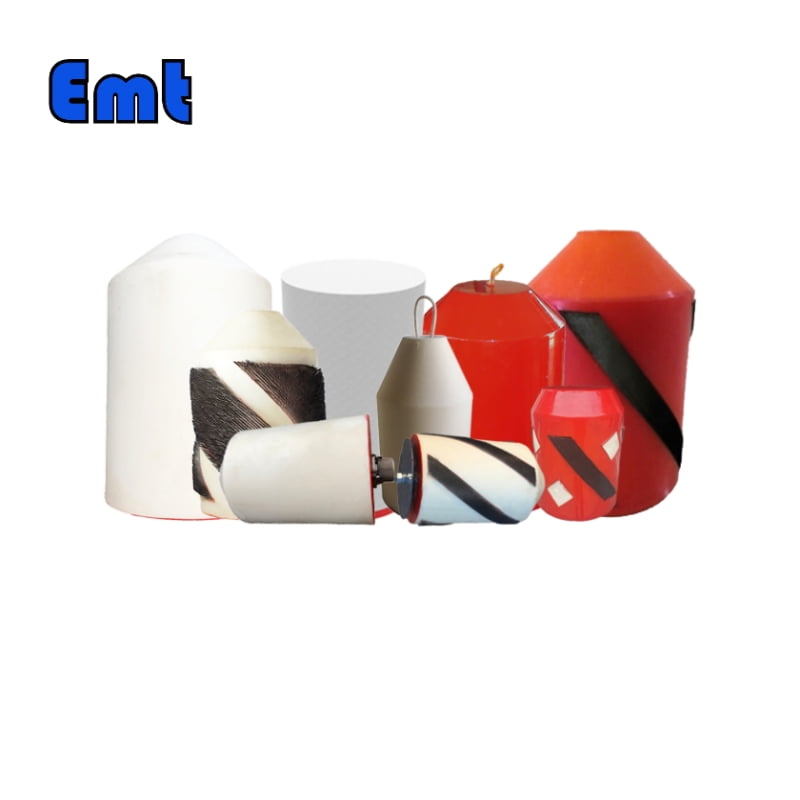
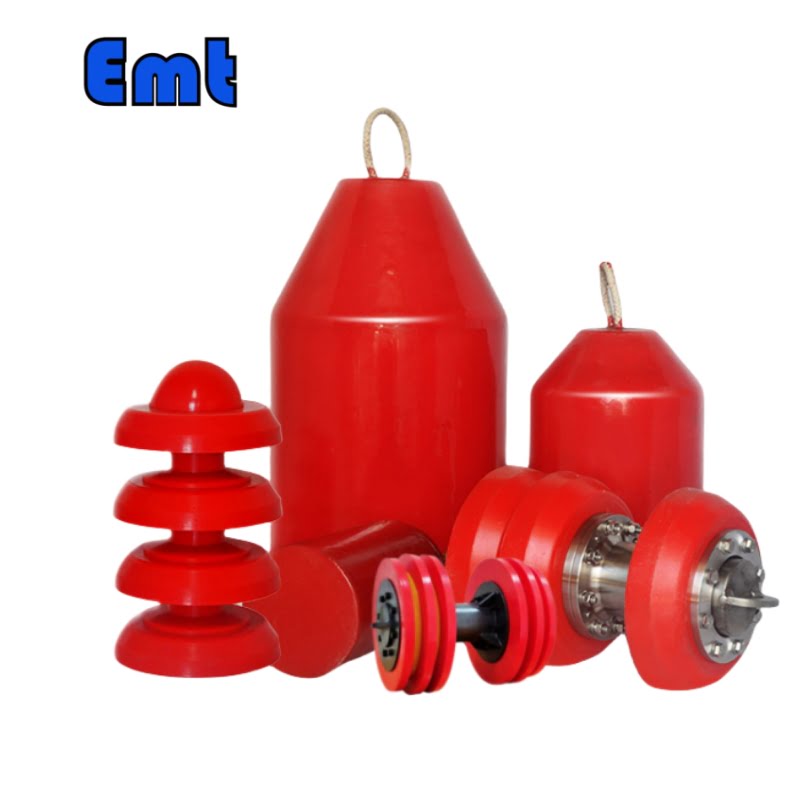

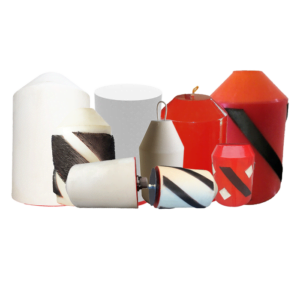
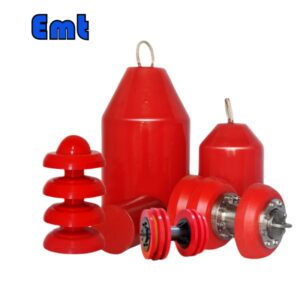

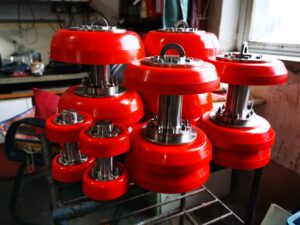
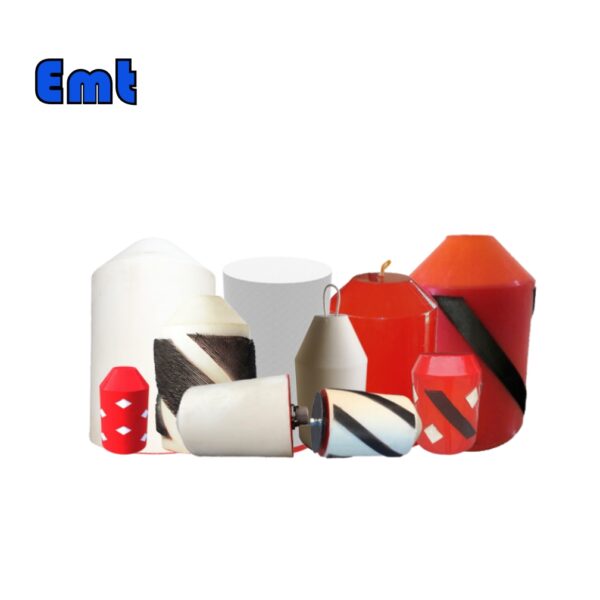
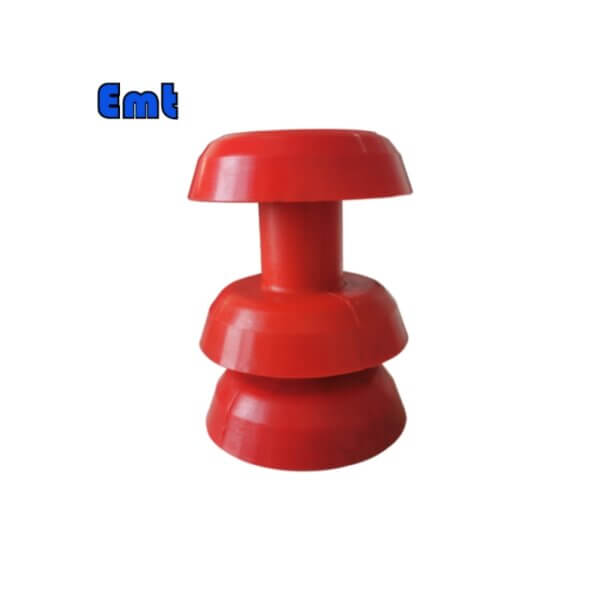
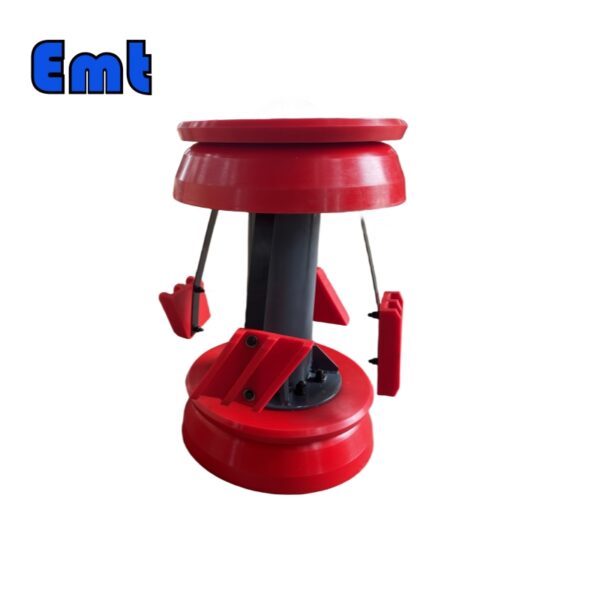
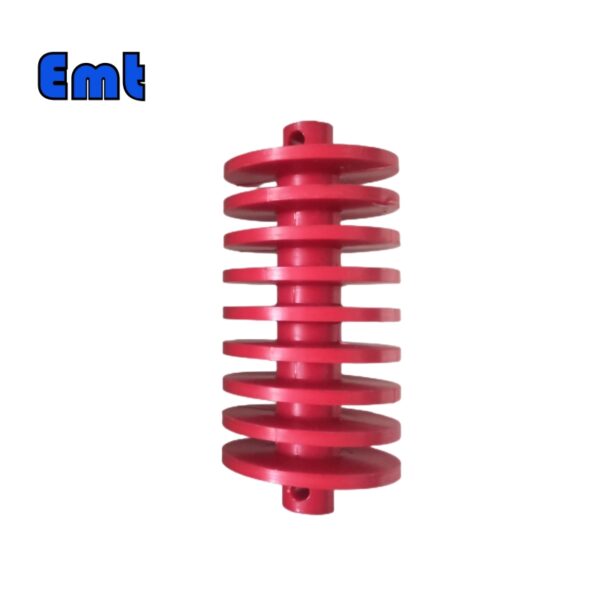
Отзывы
Пока нет отзывов.